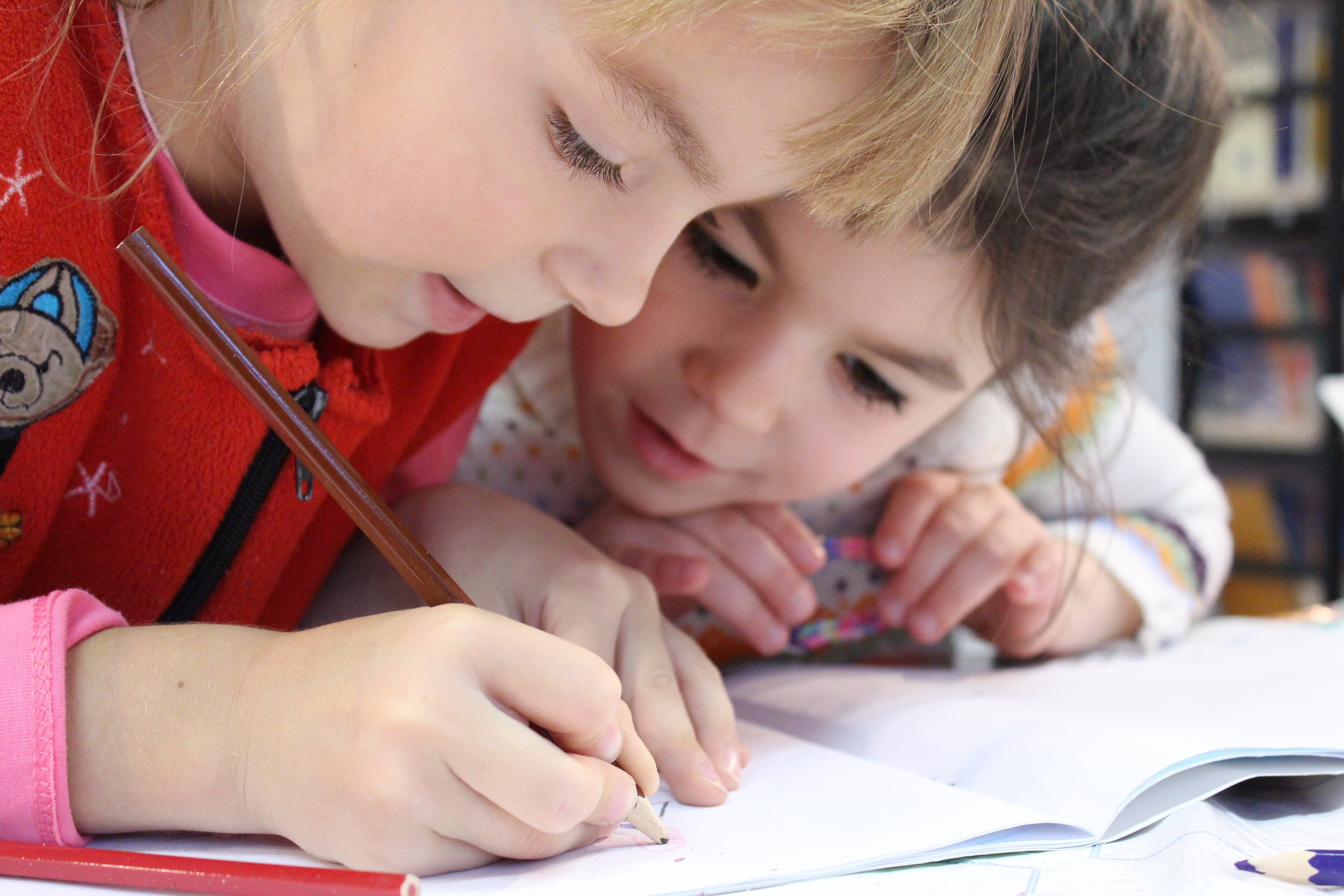
Understanding social-emotional development in infants and toddlers is important to be sure they are on track with learning the skills appropriate for their age. Developmental milestones can help you understand what to expect at different ages and identify areas of where your child may need to expand their skills. As your child grows and develops, be sure to notice if they’re hitting their social-emotional milestones.
 Young Infants: Birth to 9 months
Young Infants: Birth to 9 months
- Has the ability to self-calm
- Recognizes familiar adults
- Looks to adults to help calm them down
- Trusts, bonds, and attaches to others
What Can You Do to Encourage the
Development of these skills?
Be excited with your baby! At this age, children are constantly learning and discovering new things, so celebrate with them. Play a game of peek-a-boo and excitedly say “You found me!” when you reveal your face. Build on the skills your baby already has and reassure them that they are on the right track.
Build a relationship with your infant’s child care provider. Have open and frequent conversations about your child- their personality, their interests, their schedule, what calms them down, etc. This helps both you and your child’s caregiver learn more about your child and ensures you are both on the same page.
Mobile Infants: 9-18 months
- Imitates other’s facial expressions and noises
- Experiences separation anxiety
- Developing sense of self
- Beginning to socialize
What Can You Do to Encourage the
Development of These Skills?
Be a safe place for your baby. Does your child crawl away and look or come back to check if you are still there? They want to be assured they are safe and may be looking for encouragement to keep exploring.
Establish routines and transitions early. This helps your child know what to expect day in and day out. Keeping daily activities in the same order and at approximately the same time each day gives children a sense of confidence and security as they are able to anticipate and prepare for their day. For example, you might tell your child, “After breakfast, we will brush our teeth and get dressed. Then we will leave for your school and I will go to work.”
Toddlers: 18 months to 3 years
- Tests the limits
- Pretends
- Gains control
- Empathy
What Can You Do to Encourage the
Development of These Skills?
Praise the process. Sometimes it’s easy to focus on results and forget all that it took to get there. Don’t forget to encourage your child along the way! Make them feel good about their efforts. If you notice your child is working really hard on a drawing or building a structure, let them know you appreciate their hard work. This shows them that determination, focus, and persistence are important.
Help your toddler become a problem-solver. Build their confidence by allowing them to figure out problems on their own. Allow them to try to put their own shoes on or button their own pants. If you notice they start to become frustrated, step in to guide them, but always allow them the opportunity to master the skill on their own.
Children grow and develop at their own pace. They have diverse learning styles and require different approaches, so it’s important to be aware of your child’s specific needs. If you have concerns regarding your child’s development, it’s never too early to ask your child’s doctor for guidance.
Additional Resources:
- Learn the Signs, Act Early. Download CDC’s free Milestone Tracker App
- Articles, Quick Tips, and Activity Ideas from PBS
- Use this website to learn about Social and Emotional Skills: What to Expect at Different Ages

